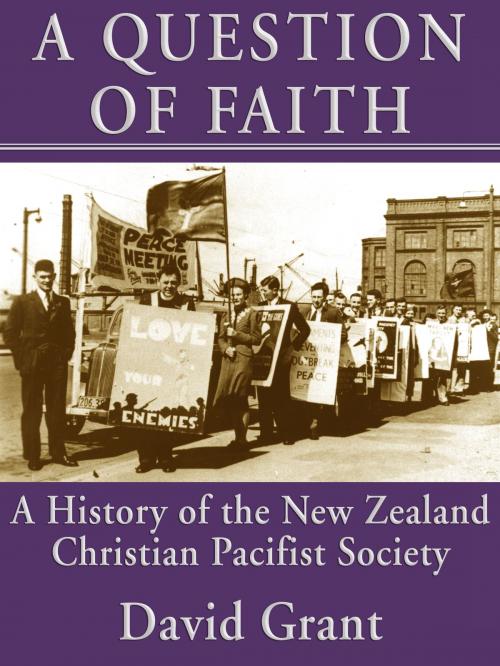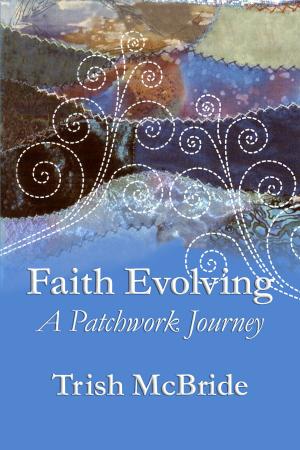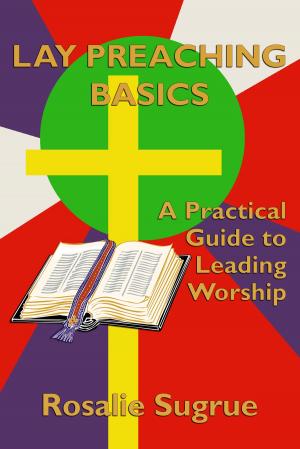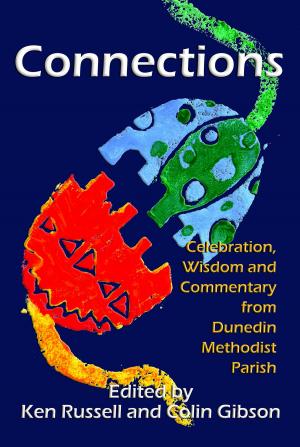A Question of Faith: A History of the New Zealand Christian Pacifist Society
Nonfiction, History, Australia & Oceania, Social & Cultural Studies, Political Science| Author: | David Grant | ISBN: | 9781927260104 |
| Publisher: | Philip Garside | Publication: | August 12, 2013 |
| Imprint: | Smashwords Edition | Language: | English |
| Author: | David Grant |
| ISBN: | 9781927260104 |
| Publisher: | Philip Garside |
| Publication: | August 12, 2013 |
| Imprint: | Smashwords Edition |
| Language: | English |
Christian pacifists opposed all war, at all times irrespective of political developments. They shared a core and absolute belief, based on the teachings of Jesus Christ, that war was a moral and ethical sin.
In March 1936, Wellington Methodist Minister Ormond Burton and his circuit steward A C Barrington established the Christian Pacifist Society of New Zealand.
This represented both the culmination of a long period of burgeoning pacifist sentiment within the Methodist Church and in particular, its Bible Class, and the beginning of New Zealand’s most assertive pacifist movement both before and during World War II.
David Grant, New Zealand's foremost author on this topic, draws on his personal interviews with members from the 1980s onwards and extensive other research to tell the stories of these committed men and women, and of the organisation they formed.
He also provides a valuable survey of other peace organisations that arose in New Zealand from World War 1 onwards and their inter-relationships with the Christian Pacifist Society.
On the evening of 2 June 1941, Christian Pacifist Society activist, Presbyterian Minister and well-known poet Basil Dowling mounted the drinking fountain in Wellington’s Pigeon Park to commence a public denunciation of war. Like those before him he faced certain arrest and imprisonment. When he later wrote on why he tried to attempt the improbable he began his explanation by stating that it was, "simply a question of faith."
This stand was typical of the idealism and courage shown by members of the Society.
Their beliefs led many members to publicly protest and speak out in street meetings against World War II for which some were jailed. Others become conscientious objectors and suffered detention in camps and prisons for indeterminate sentences during the War. They later established a community at Riverside near Motueka.
The book also charts the Society's gradual transition after the War from activism and direct action, to a new role as a channel for peace related information and views through it's magazine and as a supporter of other peace groups.
Includes 30 photographs from the author’s collection several of which are published here for the first time.
About the Author:
David Grant has written 12 books on New Zealand history with a 13th, a biography of former Prime Minister Norman Kirk, to be published in March 2014. He has written two other books on pacifism and conscientious in New Zealand. They are Out In The Cold: Pacifists and Conscientious Objectors in New Zealand During World War Two (1986), and Field Punishment No 1: Archibald Baxter, Mark Briggs and New Zealand’s Anti-Militarist Tradition (2008).
Christian pacifists opposed all war, at all times irrespective of political developments. They shared a core and absolute belief, based on the teachings of Jesus Christ, that war was a moral and ethical sin.
In March 1936, Wellington Methodist Minister Ormond Burton and his circuit steward A C Barrington established the Christian Pacifist Society of New Zealand.
This represented both the culmination of a long period of burgeoning pacifist sentiment within the Methodist Church and in particular, its Bible Class, and the beginning of New Zealand’s most assertive pacifist movement both before and during World War II.
David Grant, New Zealand's foremost author on this topic, draws on his personal interviews with members from the 1980s onwards and extensive other research to tell the stories of these committed men and women, and of the organisation they formed.
He also provides a valuable survey of other peace organisations that arose in New Zealand from World War 1 onwards and their inter-relationships with the Christian Pacifist Society.
On the evening of 2 June 1941, Christian Pacifist Society activist, Presbyterian Minister and well-known poet Basil Dowling mounted the drinking fountain in Wellington’s Pigeon Park to commence a public denunciation of war. Like those before him he faced certain arrest and imprisonment. When he later wrote on why he tried to attempt the improbable he began his explanation by stating that it was, "simply a question of faith."
This stand was typical of the idealism and courage shown by members of the Society.
Their beliefs led many members to publicly protest and speak out in street meetings against World War II for which some were jailed. Others become conscientious objectors and suffered detention in camps and prisons for indeterminate sentences during the War. They later established a community at Riverside near Motueka.
The book also charts the Society's gradual transition after the War from activism and direct action, to a new role as a channel for peace related information and views through it's magazine and as a supporter of other peace groups.
Includes 30 photographs from the author’s collection several of which are published here for the first time.
About the Author:
David Grant has written 12 books on New Zealand history with a 13th, a biography of former Prime Minister Norman Kirk, to be published in March 2014. He has written two other books on pacifism and conscientious in New Zealand. They are Out In The Cold: Pacifists and Conscientious Objectors in New Zealand During World War Two (1986), and Field Punishment No 1: Archibald Baxter, Mark Briggs and New Zealand’s Anti-Militarist Tradition (2008).















